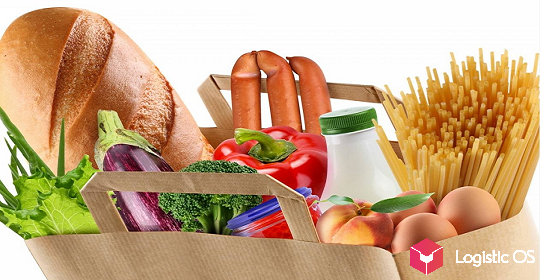Given the shortage of domestically produced goods, Iraq has decided to rely on Russia as the main exporter of wheat to this country.
According to the UN, Iraq is one of the top 5 countries on the planet most vulnerable to climate change. The shallowing of the two main rivers, the Tigris and the Euphrates, is already creating significant obstacles to effective farming in this region.
Nevertheless, this year Iraq managed to harvest a record wheat crop of about 6.3 million tons. This is significantly more than last year’s harvest of 5.2 million tons, as well as the average harvest over 5 years — 4.3 million tons.
It should be noted that bread and bakery products are the basis of the diet of Iraqi citizens, so up to 70% of all arable land in the country is sown with wheat.
Experts note that this year’s large harvest was made possible by government subsidies, which allowed wheat to be sown on vast areas of 2.7 million hectares, but to an even greater extent by abundant rainfall, which farmers were lucky with this year.
The wheat yield was at about 2.3 tons per hectare.
In addition, barley production was restored this year.
With an average harvest of 850 thousand tons, in the previous season it dropped sharply to 200 thousand tons due to a lack of moisture, but this season it also rose sharply to 1.4 million.
Such a significant spread and dependence on weather conditions makes domestic production extremely unstable.
It should be noted that domestic production, despite all the efforts of Iraqi agricultural producers, is still not sufficient to meet the needs of the population.
For this reason, Iraq places a strong emphasis on importing wheat. It should also help to move away from imports of finished products, i.e. flour, from Turkey, Kuwait and the UAE.
Today, Russia is first in the list of priority wheat exporters for Iraq.
It is planned that Iraq will purchase from 150 thousand to 200 thousand tons of wheat from Russia every month to meet the needs of its flour-milling industry.
Already, Russia’s share in the structure of Iraq’s imports has sharply increased

